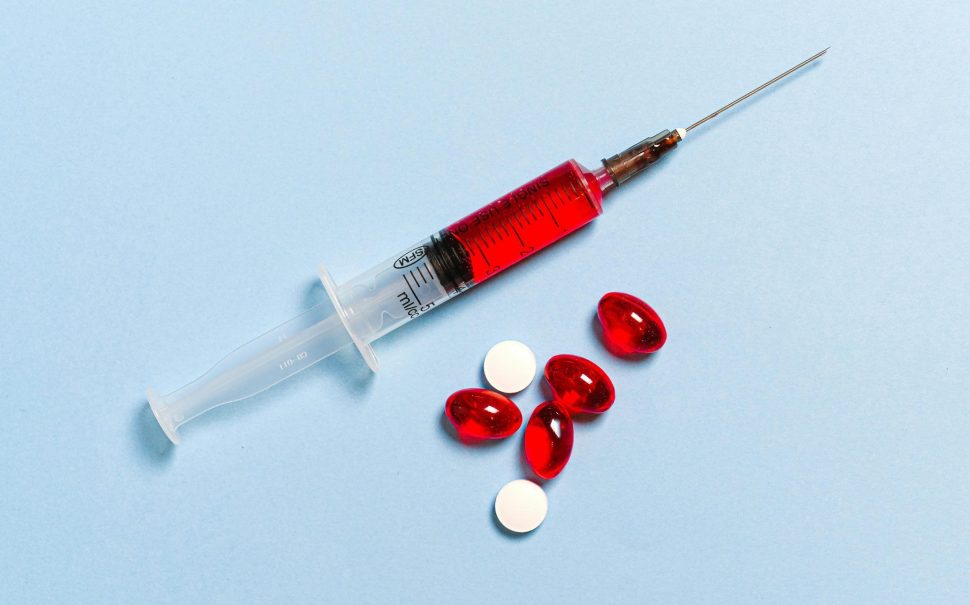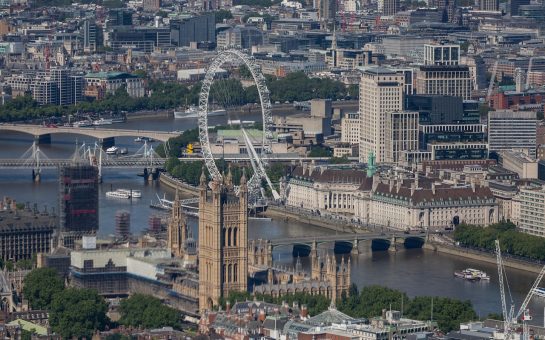There is hope the new legislation will increase spiking reports and decrease incidents as data reveals that almost 90% of victims don’t report the incident to the police.
A report from Ladbible Group and Stamp Out Spiking has revealed that 87% of spiking victims did not report their incidents to the police.
There is currently no standalone legislation against spiking, although elements of it are covered under seven different acts, depending on the intent.
The Prime Minister announced on the 25 November 2024 that spiking will be made a criminal offence and perpetrators of spiking will feel the full face of the law.
SpikeAware UK founder Colin Mackie said: “Spiking is becoming much bigger than people realise, I’m hoping the standalone offence will help lead to a decrease.
“Spiking is typically thought of being used to take advantage of somebody, now it’s also used for theft and it’s getting done as a prank because drugs are so easily accessible and cheap.”
“Currently they don’t think they’re going to get caught and they don’t think anything’s going to happen to the because the prosecution rate is so low.
“If they think they can get in trouble with the standalone offence, they should deter them as they could lose their job and have a criminal record.”
Zoe was spiked by a needle in Nottingham in 2021 and had to be taken to hospital.
She said: “I felt really vulnerable but also kind of used, it was the feeling of anything could have happened and I don’t get why someone would do it, they don’t get anything out of it.”
The optimism for the new legislation makes sense, as 82% of victims agreed they’d be more likely to report it to the police if spiking were made illegal.
Ladbible found that 48% of victims did not report it to the police because they didn’t think there was enough evidence and 38% didn’t report it as they didn’t realise they had been spiked until it was too late.
SpikeAware UK are campaigning for A&E to collect the evidence so victims will have the option to report it.
Mackie said: “Currently it’s the duty of the police to gather evidence, but if a victim appears at a hospital unconscious, confused, possibly even hallucinating, they might not be in a fit state to ask for the police, they’re not thinking that way.
“The drugs leave the system so quickly, we want A&E to gather the evidence as they come in so if they want to take it to the police, they can.”
On a night out with her sister, Sofia repeatedly threw up as a result of her drink being spiked and her sister had to call an ambulance.
Paramedics suspected she had been spiked, but could not officially confirm it.
She said: “Things need to change, if you get spiked and you want to know that you’ve been spiked, you have to get the police involved so they can run tests.
“The hospital can’t do it. If you’ve been spiked, the hospital should be able to tell.”
Other key reasons for not reporting it to the police include 33% who thought it would be too much hassle, 27% who felt there would be no action taken and 26% who weren’t aware of the process and what it would entail.
Rose was spiked via a needle in Liverpool, causing her to collapse in the middle of the street and start having seizures, her friend made sure to call an ambulance but she didn’t report it.
She said: “My friend said I should report it to the police but it hadn’t really crossed my mind,
“Apart from what the hospital had told me, there wasn’t much evidence and I just didn’t know how to really report it to the police either.”
Mackie hopes that the new legislation will make it easier to report spiking and to know that it will be followed up properly by the police.
He said: “I’m hoping the law will bring is a better coordinated method of investigation by the police, because currently the police forces across the country are all treating victims differently and it’s not just from force to force as officer to officer.
“Every victim will be treated the same way and it will give people more confidence to come forward because is a recognised standalone offence, therefore they’ve got to follow a correct procedure.”
Stamp Out Spiking reported there should be a joined-up approach combining training for NHS personnel, bar staff, taxi drivers and police to ensure evidence is secured and victims are tested quickly after an incident occurs.
A further issue on diagnosing spiking is that victims offer suffer from a lack of support, with 11% of victims finding the venue staff helpful, compared to 74% who were supported by their friends.
Zoe said she was taken into an A&E room in a club by event staff and began having fits and passing out.
She said: “My best friend kept saying we need to call an ambulance, but the staff kept fighting her on it and tried to say that I’d taken something.”
Rose experienced a similar thing with security guards and even nurses at the hospital.
She said: “My friends were asking the security guard for help but because he thought I was just too drunk, he did not care and they kicked me out of the club.
“Even some of the nurses at the hospital walked past saying she’s too drunk, but I wasn’t drunk at all.”
Mackie said: “We’ve got to change this misconception that someone who is staggering about must be drunk.
“I feel sorry for any victim because quite often they’re not listened to, the assumption is made that they’re drunk because they don’t think of the bigger picture.”
Common symptoms after being spiked include feeling confused, drunk, drowsy or sick and having memory loss, speech difficulties or blurred vision.
Mackie recommended covering your drink, as even a beer mat on top will act as a deterrent.
Signs your drink may have been spiked include unusual taste, foggy appearance, excessive bubbles, sinking ice, colour change or sediment in your drink.





